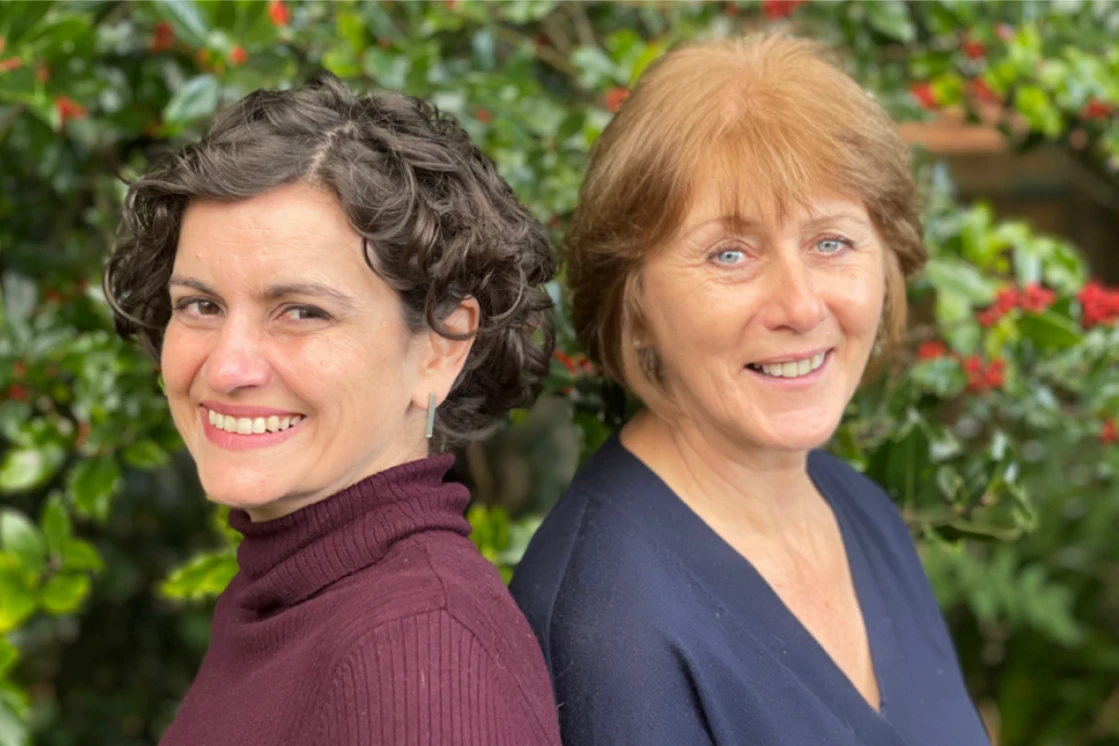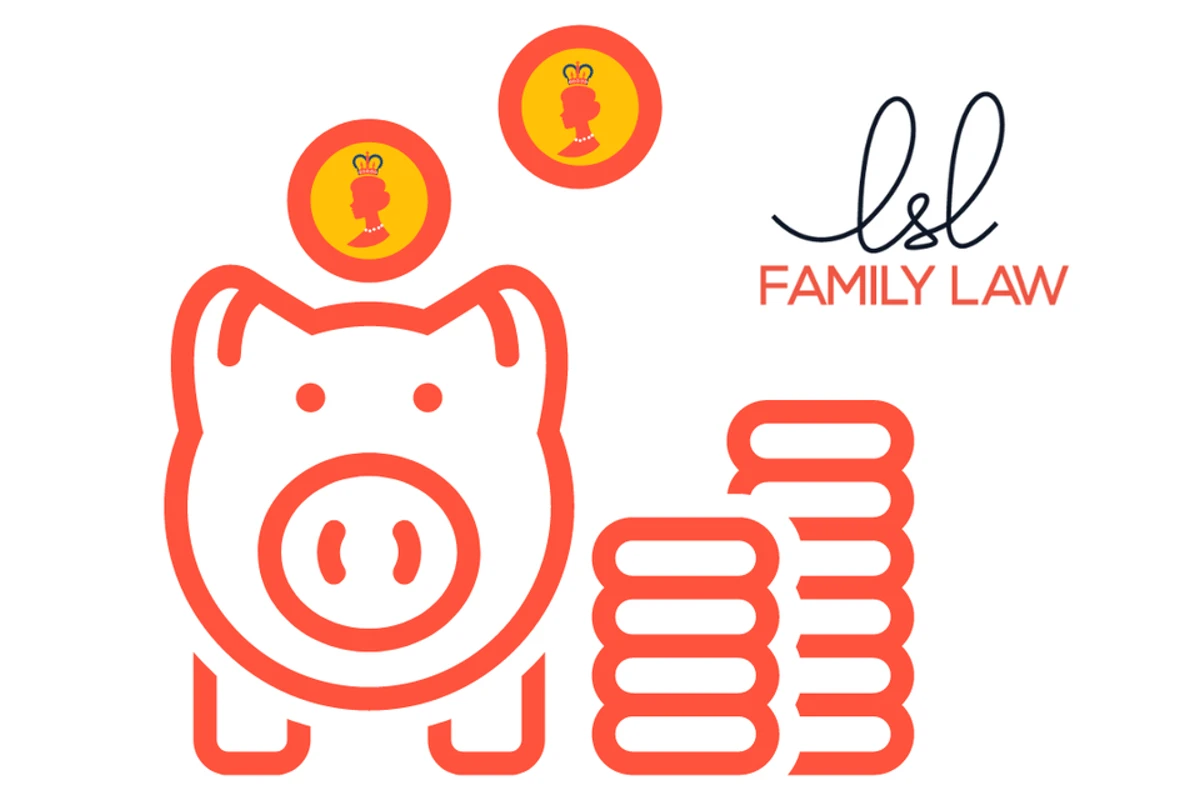What is collaborative law?
Collaborative law is an issue resolution pathway which enables separating couples to reach an amicable agreement while avoiding the stress and expense of the court system. Collaborative law helps couples to focus on key issues that are important for them and move forward with their lives, rather than fanning the flames of dispute and revisiting negative aspects of the relationship.
Finding a suitably qualified practitioner
Each party appoints a lawyer who is trained in collaborative law. The collaborative lawyer provides support, advice, and information throughout the process, creating a bespoke service to meet the specific needs of their client.
Not all family lawyers are collaborative law practitioners. The Resolution website has an excellent search facility which enables members of the public to find family law professionals who are qualified in collaborative law. Resolution members are committed to following the Resolution code of practice which advocates the use of non-confrontational approaches to resolve family issues. Press here to visit the Resolution website and select ‘collaborative practitioner’ from the dropdown menu under ‘service offering’.
How does collaborative law work?
The separating couple and their lawyers sign an agreement stating that they wish to resolve their issues without resorting to contested court proceedings. The two parties and their lawyers then arrange a series of meetings to discuss and resolve issues in order of priority. The collaborative process proceeds at a pace that suits the clients and is cost-efficient since solicitors are not negotiating via correspondence. The needs of any children involved are central to proceedings: parents are encouraged to work together to put the interests of their children first. Agreements reached by the separating couple can be turned into a draft order.
Working with other professionals
In addition to collaborative lawyers, the parties may elect to work with a range of neutral professionals such as independent financial advisors (IFAs), pensions experts, mediators, family consultants and coaches, parenting co-ordinators and arbitrators. These specialists can be called upon to provide support and advice to the separating couple to enable them to reach positive and sustainable outcomes when finalising finances and negotiating child arrangements.
The input of family consultants can be particularly valuable when emotions are running high. Family consultants ensure that both parties have an equal voice in the decision-making process and assist clients with their communication skills to minimise tension and overcome any misunderstandings.
Early Neutral Evaluation
For cases involving complex matters, a process called early neutral evaluation can be helpful. A qualified professional, e.g. a barrister, can review the issue and provide an assessment of what a court might decide.
What happens if the parties cannot agree?
A special type of mediation called hybrid mediation1 can interact with the collaborative process to assist where there is an impasse. A hybrid mediator holds separate meetings with each party and their collaborative lawyers to explore ways of resolving the problem.
Should any unresolved issues remain at the end of the hybrid mediation process, a jointly appointed independent arbitrator can be asked to settle the dispute. Arbitration2 guarantees the parties a legally-binding decision. The arbitrator has the power to make determinations to the same extent and in the same or similar form as would a judge exercising the jurisdiction of the High Court. Unlike court proceedings, parties have the freedom to choose an arbitrator who has the specialist knowledge to resolve their particular matter (alternatively, the professional body can select the arbitrator based on the nature of the determination required by the parties).
How can LSL Family Law help?
LSL Family Law’s Linda Lamb is a Resolution-trained collaborative lawyer, family solicitor, accredited family mediator (qualified to provide online mediation, child inclusive mediation and hybrid mediation) and children arbitrator. If you would like to find out more about our collaborative law services, please give Linda a call on 0203 8808309.
Useful links
Linda is a member of two groups of professionals who provide emotional support and specialist legal and financial advice and to couples when relationships break down: Sussex Family Solutions and We Can Work It Out (City of London Collaborative POD). These groups are comprised of collaborative lawyers, mediators, family consultants, arbitrators, independent financial advisors, divorce and parenting coaches, therapists, and counsellors. Please find below links to their websites:
Notes
- For more information on hybrid mediation, please read the hybrid mediation factsheet on our mediation services page.
- For more information on arbitration, please read the arbitration factsheet on our arbitration services page.






